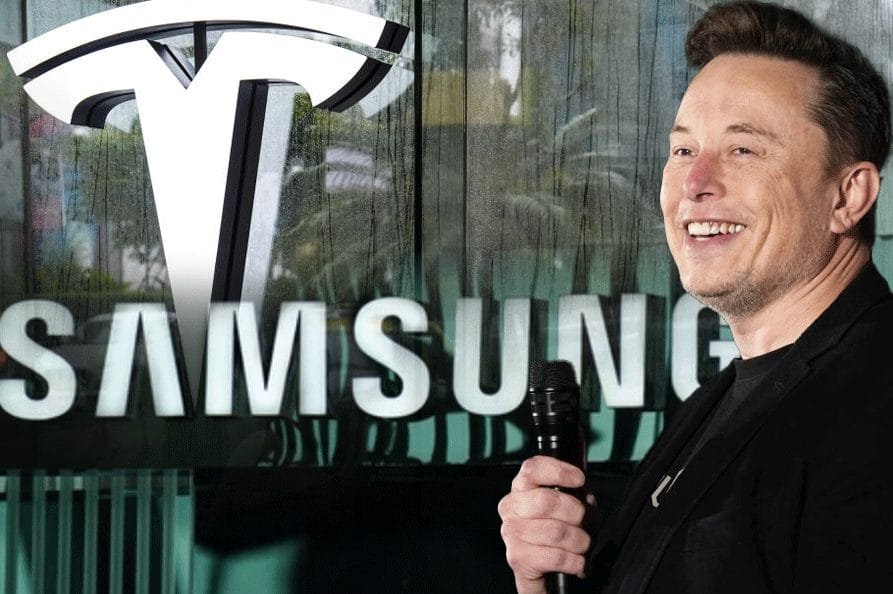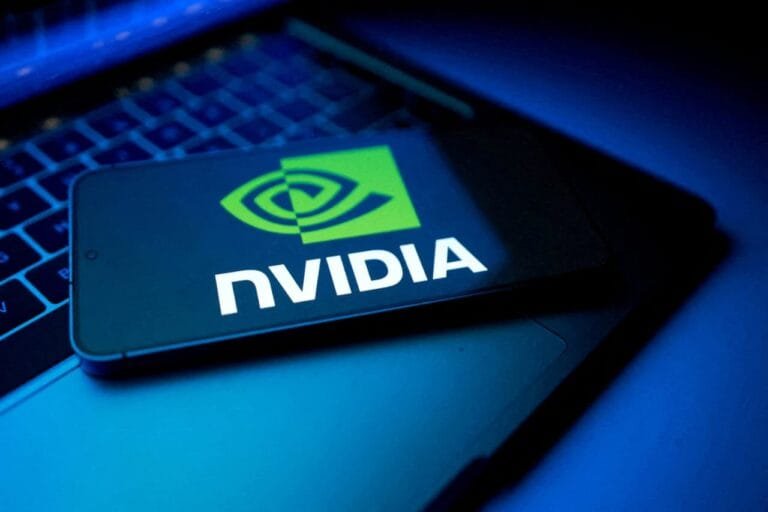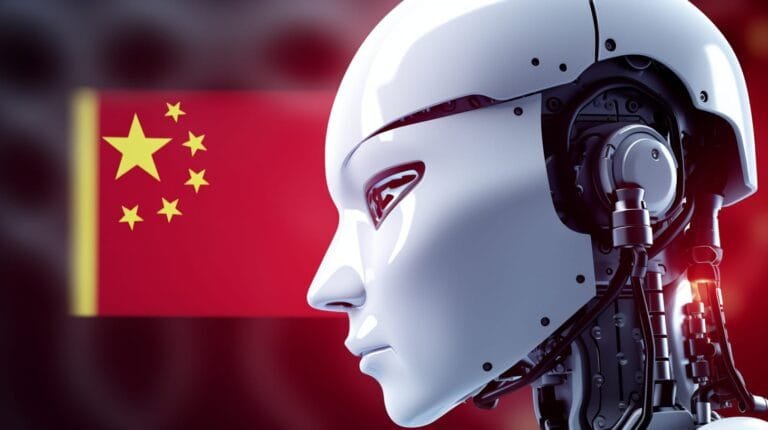
An early concept of the AI chip Samsung will manufacture for Tesla’s full self-driving (FSD) vehicles.
Samsung Electronics and Tesla Deal: A Detailed Analysis
So the recent multi-billion dollar chip deal between Samsung Electronics and Tesla has created a stir in the global technology and automobile industries. At the same time, it is not just a business agreement, but an important milestone setting the future direction for both companies. While on the one hand this deal has led to a rise in Samsung’s shares and the company has got an opportunity to revive its foundry unit. On the other hand, many challenges remain before Samsung. Also, in this detailed analysis, we will understand every aspect of this deal in depth, consider its implications and also highlight the challenges facing Samsung.
Mega Deal between Tesla and Samsung
This is a historic agreement of $ 16.5 billion (about Rs 1.42 lakh crore) between Elon Musk’s Tesla and South Korean giant Samsung Electronics. And under this deal, Samsung will manufacture next generation AI6 chips for Tesla. These chips are specifically designed for self-driving (FSD) capabilities, Optimus robots and data center AI in Tesla’s electric vehicles (EVs). Samsung will produce these chips at its new factory in Texas which aims to start mass production in the second half of 2026. Also, this deal will run till 2033 and accounts for 7.6% of Samsung’s estimated 2024 revenue. Elon Musk himself confirmed this deal on X (formerly Twitter) and indicated that the total value of the contract is just minimal. Which means it can go further.
Boost to foundry business
So Samsung’s foundry (chip manufacturing) business was facing challenges for some time. Due to less orders, its production capacity was not being fully utilized and due to which it was running in loss. This deal with Tesla gives a big customer to the foundry unit and from which it will not only get revenue but will also get an opportunity to better utilize its production capacity. This can help Samsung compete with giants like Taiwan Semiconductor Manufacturing Company (TSMC) which dominates the foundry market with a 67.6% share, while Samsung’s share is just 7.7%. Also a strong hold in the AI chip market which is growing rapidly. And securing AI-focused customers like Tesla puts Samsung in a strong position in this important sector.
Technological advancement and innovation
So manufacturing Tesla’s cutting-edge AI chips will give Samsung a chance to further hone its expertise in advanced manufacturing technologies like the 4nm process. And this innovation will help Samsung be future-ready and can attract other high-profile customers. Also the increase in revenue which is a $16.5 billion deal is a significant revenue source for Samsung. Which will positively affect the company’s financial performance till 2033. With Elon Musk’s statement being just minimal, it is also expected that this figure can increase further. As well as the increased global credibility that comes with partnering with a prestigious and innovative customer such as Tesla, Samsung’s global credibility and reputation are enhanced, which may inspire other major technology companies to consider Samsung’s foundry services.
Investment and jobs in the US
The deal gives Samsung the opportunity to increase investment in its Texas factory and create local jobs, in line with federal financial assistance received under the US Chips Act. Samsung still faces challenges. And although the Tesla deal is a big win for Samsung, the company still has several significant challenges to address, including stiff competition from TSMC, whose dominance in the foundry market is undeniable. Its ability to attract large customers such as Apple and Nvidia, its technical superiority in providing advanced chip solutions and economies of scale make TSMC a formidable competitor. Samsung will have to further expand its foundry capacity, offer cost-effective solutions and build strong relationships with customers to challenge TSMC’s dominance.
The pace of technological development
So the pace of technological development in the semiconductor industry is very fast. And nanometer processes are constantly getting smaller. And the demand for AI chips is evolving rapidly. Also Samsung has to continue to invest heavily in research and development so that it can keep pace with the latest technologies and meet future demands. As well as geopolitical risks and supply chain disruptions which is because the global geopolitical scenario is volatile. And chip supply chains are vulnerable to various disruptions such as trade wars natural disasters and pandemics.
Samsung has to work to make its supply chain flexible and diverse so as to mitigate these risks. Along with the competition in the smartphone market which Samsung’s major revenue still comes from its smartphone business. And in this market there is tough competition from Chinese companies like Xiaomi Huawei and OnePlus. Which are offering affordable and high quality products. Samsung also has a direct competition with Apple in the out premium segment.
Fluctuations in the memory chips market
So Samsung is the world’s largest memory chip manufacturer. However, the prices of memory chips are highly volatile depending on the demand and supply of the market. Also this volatility can affect Samsung’s revenue and profits. Which the company will have to formulate strategies to stabilize its memory business and mitigate the effects of price fluctuations as well as regulatory challenges and legal issues which Samsung faces regulatory challenges and legal issues in various countries. Such as the case going on in the tax tribunal in India. Managing these issues effectively is important for the company’s operations and reputation. Also investment in AI and software which Apart from hardware, the importance of software and services is also increasing in the field of AI. Samsung will also have to invest in AI software development data analytics and platforms so that it can become a complete AI solution provider.
Environmental and Social Responsibility (ESG)
Sustainability and environmental impact have become important considerations for companies nowadays. Samsung has to remain committed to reducing the environmental footprint and maintaining ethical business practices in its manufacturing processes. The wider impact of the Tesla deal is that the deal between Tesla and Samsung is not just an agreement between two companies and it has wider implications for the global semiconductor and automobile industries as well as the growing importance of AI in the automobile industry. This deal is a testament to how important AI chips are for the future of electric and self-driving vehicles.
Out This will also inspire other automobile manufacturers to invest more in developing AI capabilities. Along with this, the restructuring of competition in the foundry market is that this deal can help Samsung challenge the monopoly of TSMC as well as which can increase competition in the foundry market and provide more options to customers.




